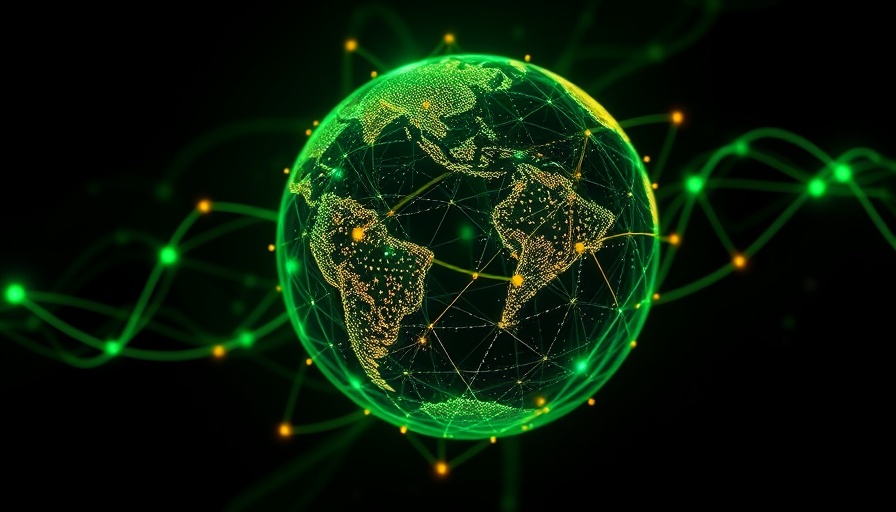
Will AI Redefine the Future of Work? Insights from UNCTAD
The rapid evolution of artificial intelligence (AI) is opening new doors and presenting new challenges, as highlighted by a recent report from the United Nations Conference on Trade and Development (UNCTAD).
AI technology has the potential to reshape entire industries, but the UN report carries a warning about its possible impact on the workforce globally. According to UNCTAD, up to 40% of jobs worldwide could be affected by the rise of AI, raising concerns about job displacement and economic inequality. With a projected market size of $4.8 trillion by 2033, investment and growth in AI technology are largely concentrated in specific regions, especially the United States and China.
The Inequitable Growth of AI
The UNCTAD report emphasizes that the gains from AI may not be evenly distributed. With various nations contributing differently to AI development, the benefits may enrich a few at the expense of many. This concentration is not merely a concern for the global economy; it could exacerbate the disparity between developed and developing nations. For example, significant capital investment is required to access advanced AI computing resources, which only a handful of nations can afford.
Furthermore, the disproportionate focus on high-level corporate research—a staggering 40% of global corporate research and development in AI is conducted by only 100 companies—leaves a significant gap for smaller, less wealthy nations. As highlighted in the UN report, the argument that AI can free workers to engage in more meaningful tasks is predicated on whether these countries can participate in establishing the rules and ethical frameworks surrounding AI technology.
Automation: A Double-Edged Sword?
While AI is hailed for its transformative potential, it simultaneously triggers fears of job automation. The report insists that the shift to automation might favor capital over labor, further widening the inequality gap. This echoes previous concerns that developing economies, which rely heavily on low-cost labor, could face unprecedented challenges as jobs move toward automated processes.
For people working in manual labor or industrial jobs—comprising about 27% of the workforce— job satisfaction is already notably low. A recent Pew Research survey found that one in four blue-collar workers in the U.S. express dissatisfaction compared to other job sectors. To prevent further disenchantment, it is critical to focus on upskilling and reskilling workers in affected industries.
Creating Opportunities in AI
Despite these challenges, the UN report also contains a note of optimism about the opportunities AI might create. With thoughtful investments in education and training, workers might find themselves in new roles that capitalize on AI capabilities. The idea that AI will replace jobs is only true if appropriate efforts aren’t made to help workers transition.
It is essential for economies worldwide to invest not just in technological infrastructure but also in human capital. Promoting comprehensive education and training programs can empower workers to thrive alongside advancing AI.
What Needs to Happen Next?
So, what can governments and corporations do to ensure equitable AI growth? First, developing inclusive AI regulations is imperative. This requires collaboration between nations to create a global framework that addresses inequity in AI distribution, ensuring that developing nations have a voice.
Moreover, companies relying on AI must be willing to invest in employee development. This dual-edged approach of regulating AI technology and prioritizing workforce education will be crucial in making future workplaces more inclusive and equitable.
Final Thoughts
The UNCTAD report calls for a balanced dialogue about AI integration into the workforce. Keeping in mind the potential for economic disparity and job displacement will help navigate the complex implications of this technology. As stakeholders in this evolving landscape, we must ensure that AI serves as an ally in making the world a better place for workers rather than a harbinger of job loss.
AI is a powerful tool, but like any other technology, it must be guided by ethical considerations and social responsibility. If managed well, AI could lead to a world where opportunities are abundant and accessible to all, contributing to a balanced economic landscape.
 Add Row
Add Row 
 Add
Add 


Write A Comment